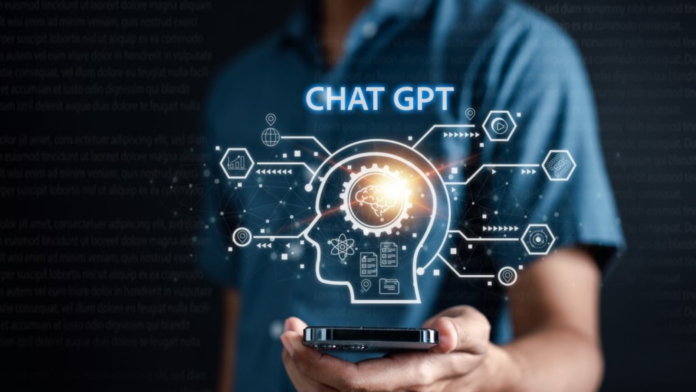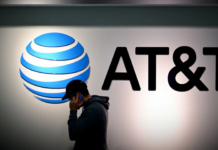In the dynamic realm of artificial intelligence, OpenAI’s ChatGPT has recently encountered a significant hurdle. The innovative AI-powered chatbot, renowned for its conversational prowess, has been facing intermittent outages, disrupting access for users and developers alike. This disturbance has been attributed to a suspected DDoS (Distributed Denial-of-Service) attack, posing a challenging scenario for OpenAI.
Over the last 24 hours, numerous users attempting to access ChatGPT have been met with a message indicating that the service is currently at full capacity. This message has been a common sight for those eagerly trying to explore the platform’s latest offerings. The issue initially seemed to coincide with heightened interest following the introduction of new features at OpenAI’s recent developer conference. The surge in attention towards these innovations appeared to be overwhelming the system, as per OpenAI CEO Sam Altman’s initial comments.
The company believed they had resolved the issue around 1 p.m. PST on November 8. However, OpenAI’s incident report page soon reflected a different narrative, acknowledging continued “periodic outages” not only affecting ChatGPT but also its API. This API is a crucial tool that allows developers to integrate ChatGPT’s capabilities into their applications, making its stability vital for many users.
Further investigations into the disruptions revealed an “abnormal traffic pattern” which OpenAI identified as resembling a DDoS attack. In such attacks, a network of compromised computers is often used to flood a server with excessive traffic, rendering it unable to respond to legitimate requests. This type of cyber assault is a common tactic employed to disrupt online services.
Details about the nature or origin of the attack remain scarce, as OpenAI has not released further information. This lack of detail adds a layer of mystery and concern to the ongoing situation.
Amidst these developments, the hacktivist group Anonymous Sudan has purportedly claimed responsibility for the alleged attack. In a series of messages, the group cited OpenAI’s “general bias towards Israel and against Palestine” as their motive. However, the authenticity and veracity of these claims have not been independently verified.
Interestingly, OpenAI wasn’t the only AI entity experiencing issues. Anthropic, a competitor in the AI space, also reported problems with its Claude chatbot. Users received messages about “unexpected capacity constraints,” though it remains unclear if there’s any connection between the incidents affecting OpenAI and Anthropic.
These events highlight the growing pains and vulnerabilities in the burgeoning field of AI technology. As AI-powered services like ChatGPT become more integrated into our digital lives, ensuring their security and stability is paramount. The susceptibility of these systems to cyber-attacks like DDoS is a stark reminder of the need for robust security measures in the digital domain.
For OpenAI, navigating this challenging situation will be crucial in maintaining user trust and ensuring the reliable performance of its services. The incident also serves as a valuable lesson for the broader tech community on the importance of preparedness and resilience in the face of evolving cyber threats.
As we await further updates from OpenAI, the incident underscores the fragile nature of even the most advanced technological systems. In our ever-connected world, the balance between innovation and security continues to be a critical consideration for tech companies and users alike.











